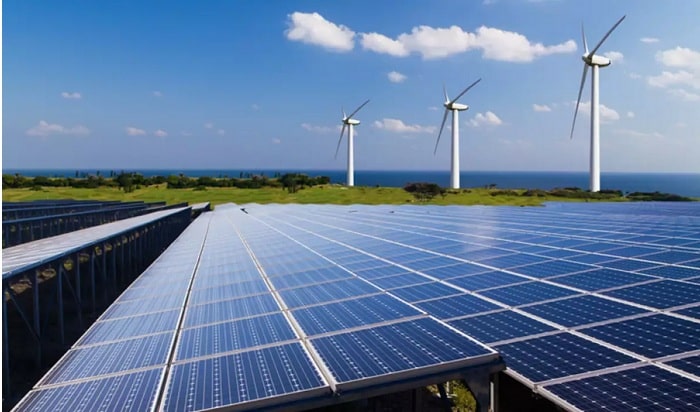International Renewable Energy Agency (IRENA) and the United Nations Children’s Fund (UNICEF) have underscored their commitment to improving the development and well-being of children through the expansion of renewable energy access and the promotion of low carbon measures to protect children from the impacts of climate change, unsustainable energy practices and environmental degradation.
The Memorandum of Understanding (MoU) was signed in New York by Francesco La Camera, Director-General of IRENA and Fayaz King, Deputy Executive Director of UNICEF. The two organisations agreed to provide the policy and technical advice to national and local governments on renewable energy and energy transition, facilitate education and training to build the skills and competencies necessary for children and young people to contribute to a sustainable energy future, enable an exchange of knowledge and best practices as well as provide technical support and access to climate finance for resilient infrastructure supporting children and youth.
The collaboration will further amplify voices and engagement of children and youth in international, national and local decision-making processes, building on existing initiatives such as IRENA’s Youth Forum and Youth Talk and UNICEF’s Voices of Youth and Generation Unlimited.
“We must act today to ensure the world we leave to our children and grandchildren is prosperous, equitable and sustainable”, said IRENA Director-General Francesco La Camera. “This MoU sends the vital message that a just and inclusive energy transition must both benefit and include children and youth. IRENA’s World Energy Transitions Outlook shows that a transformed energy sector can create 122 million jobs in 2050. We need to begin today to skill and prepare young people for these jobs so that the next generation can benefit from a global energy transition.”
“Renewable energy is crucial to a more resilient, low carbon, sustainable future for children, and yet for too many, green solutions remain out of reach,” said Fayaz King, Deputy Executive Director at UNICEF. “By combining forces, UNICEF and IRENA will gain momentum in improving access to renewable energy and building green skills to support young advocates in their climate and clean energy actions. The only way forward is with children and young people as leaders in climate action everywhere.”
Ending energy poverty amongst children is critical to achieving the goals of the Paris Agreement and the 2030 Agenda for Sustainable Development. Increasing children and youth access to and education on renewable energy is vital to ensuring a just and inclusive energy transition and to truly leaving no one behind. Renewable energy is a key enabler and dramatically improves the quality, accessibility and reliability of services that children rely on for their survival and well-being, including health, water and sanitation, education and improved air quality.











































